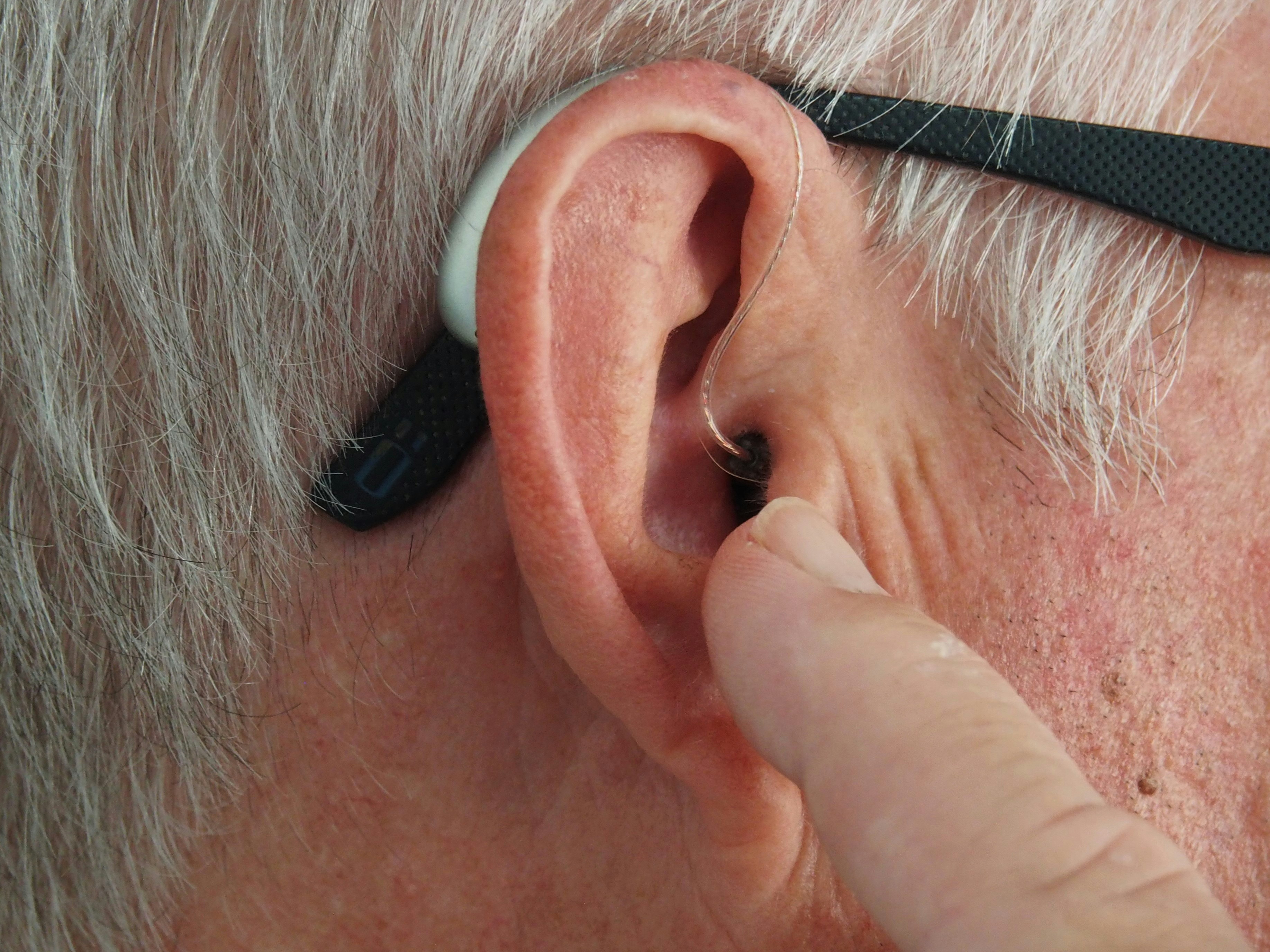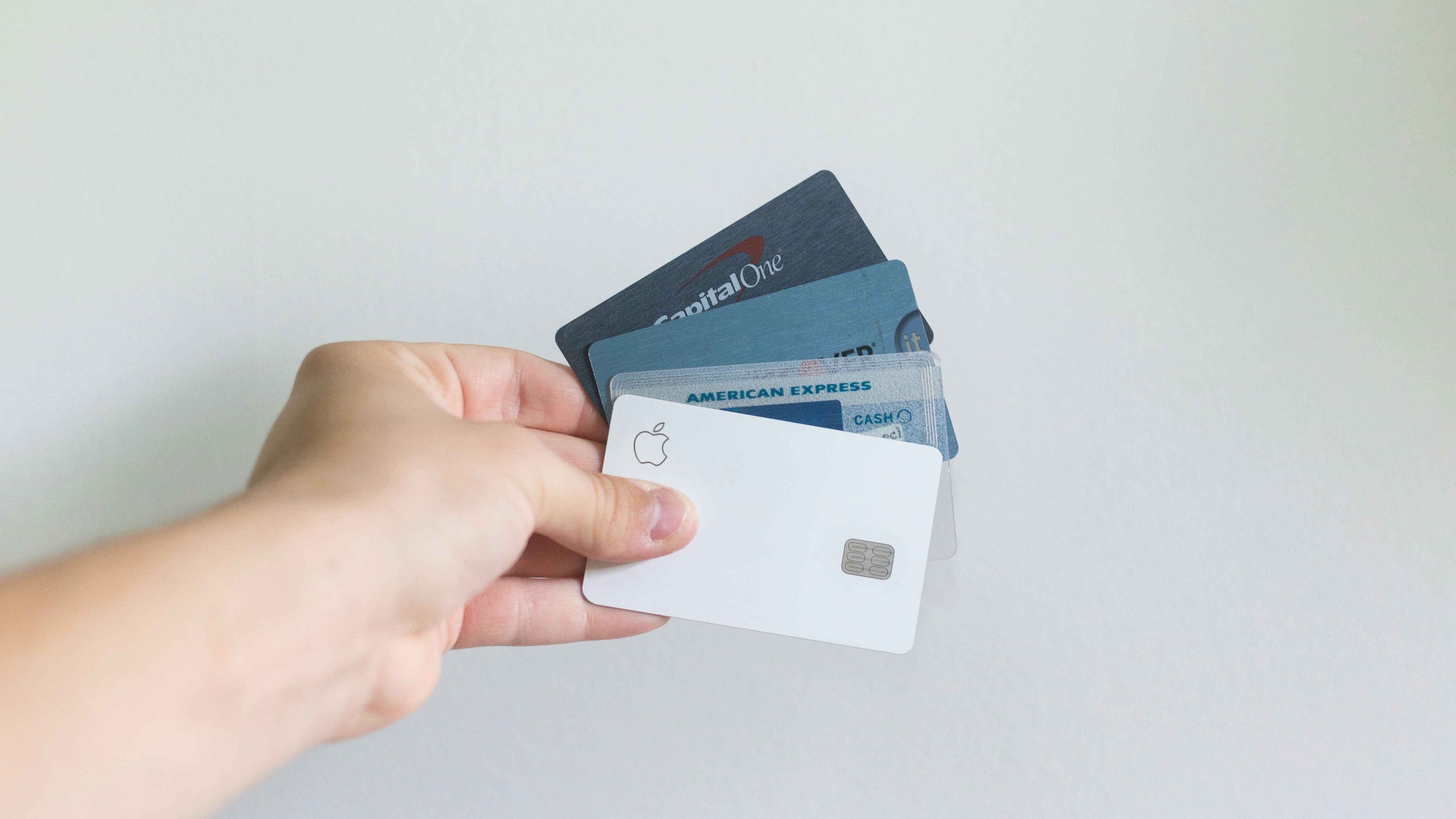It can be confusing to find out that a medical device, which changes the lives of millions of people, isn’t generally covered by insurance. But hearing aids, while seemingly a necessity, aren’t usually covered by most private insurance companies. With a price tag that can reach up to $4,000 each, hearing aids have become an expense that few can easily afford. According to the American Speech-Language-Hearing Association, only 23 states in the U.S. have laws that require health insurance to cover hearing aids, and most of these laws, however, only require coverage for children. Insurance companies view hearing aids as elective, however, for those who have profound hearing loss, they are a lifeline. Let’s take a look at why ear hearing aids are not widely covered by private insurance and what can be done to help instead.
The Need For Hearing Aids

Hearing aids can be recommended by your hearing specialist or audiologist if you show certain degrees of hearing loss. Regular hearing screenings will be your first defense in helping to save your hearing. By including regular hearing exams in your wellness routine, you can stay on top of any severe hearing loss that might arise and can make more informed decisions with your audiologist. Should the audiologist recommend them, however, in the ear hearing aids that fit directly into the ear canal, come in a wide variety of options and styles. They can often be the key to getting you back some level of your hearing and restoring your quality of life. If you are a candidate for hearing aids, however, you may have to look beyond your health insurance to help pay for them.
Coverage for Hearing Aids

Hearing loss is one of the most common disabilities in the US, affecting over 30 million Americans. For many of these individuals suffering from any type of hearing loss, hearing aids are not elective. Hearing aids help people communicate with loved ones, stay sharp on the job and safe in everyday situations, and help with depression and cognitive issues as they age. These devices have proven to improve a person’s quality of life as they help with nearly every aspect of their day-to-day routine. When you think about how hearing care can influence a person’s health and happiness, it can be confusing to understand how insurers could deem hearing aids as inessential and elective. But to understand the issue with hearing aid coverage, you also have to examine insurance as a risk vs. reward industry.
Risk vs Reward Insurance
Insurance companies operate by spreading the cost of health services over a large group of people. This allows members to pay a reasonable amount and still receive coverage. Insurers reap a profit when individuals pay for coverage but don’t file claims. For a healthy person, the likelihood of suddenly falling seriously ill is not very high. Insurance companies bet on this scenario as an insurable risk, as they believe that they will probably not have to pay out a claim. Unfortunately, with hearing loss being such a widespread issue, insurance companies see this as a high risk. Individuals with hearing loss would likely file insurance claims to help pay for hearing aids. Simply put, insurance companies are not likely to see a profit on high-risk individuals like those with a degree of hearing loss. This is a major contributing factor as to why companies do not offer coverage for hearing aids and their potential wearers.
Medicare and Medicaid Coverage
Since hearing aids are not likely to be covered by private lenders, some people may turn to Medicare and Medicaid as a possible solution. In most cases, unfortunately, hearing aids aren’t covered by Medicare either. This is because Medicare typically covers services and not devices. Some Medicare Advantage plans do include hearing aid coverage, however, as traditional Medicare doesn’t offer coverage for hearing aids. Medicaid, on the other hand, often covers hearing aids, but with different standards for each state. Unfortunately, this coverage typically only includes young people. As each state has varying standards, it is best to check with your local health and human services department to verify coverage.
Alternative Financial Aid

If your health insurance doesn’t offer coverage for hearing aids, many charitable groups could help by providing discounts and assistance if you meet the financial criteria. You can look into groups like Easter Seals and state-run vocational programs, for potential help. Another option is to look at low-cost credit programs, that are designed for healthcare needs. Finally, some hearing aid providers offer simple financing programs that allow you to spread out the cost over several payments.










